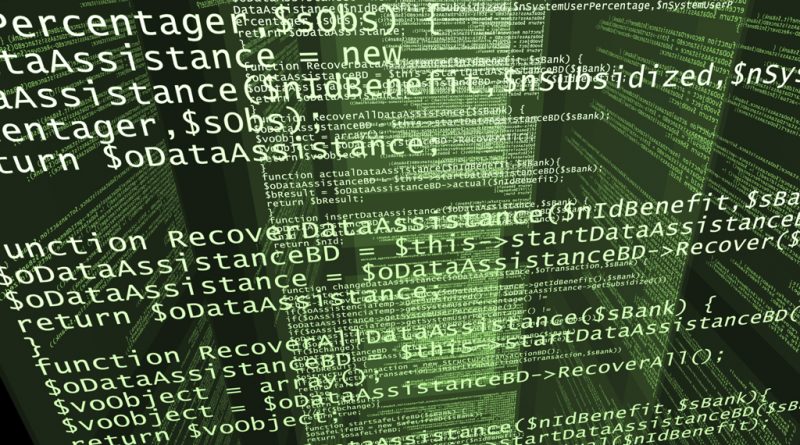The Role of Cyber Warfare in the Ruso-Ukrainian Conflict
Mark DiPietro
Finance Editor
Russia invading Ukraine in late February of this year marked the first major military conflict on European soil in almost 60 years. This gap in time combined with the vast influx of globalization and innovative technology that took place in that stretch has meant that wars of the past look vastly different than wars – and the response from related allies – look today.
The western allies’ response is only one of the many differences in this war of the 21st-century. The use of trade blockades, economic sanctions, and humanitarian aid as opposed to military support in troops and arms has pushed the technology sector front and center, alongside the physical bullets and missiles.
In conjuncture with the economic sanctions, one blockade that has been a substantial obstacle to Russian advancements is American-produced microchips. In an already labored and slow semi-conductor microchip market, one that was still recovering from COVID lockdowns, the cut-off of a substantial portion of that chip market has led to great economic strife for Russia. On this hardware end, Russian tech companies are taking massive hits in revenue; some companies have had production completely shut down for lack of resources.
On the software side, the Russian IT workforce is in flight. According to the Russian Association for Electronic Communications, the country has already lost 13% of its tech workforce. While some are leaving their desks to join the army, most are relocating their remote-work lifestyle to safe, surrounding countries like Albania, Georgia, and some as far as Dubai.

Oil and Gas make up most of the Russian economy, so in the short term, the effects are somewhat limited. However, in the long-term experts fear the departure of some companies, and new sanctions set in place for others may push Russian innovation back decades as the speed of change worldwide grows exponentially.
In other forms of warfare, cyber-attacks have also been on the rise. In February, Ukrainian officials announced they had compiled an “IT army” and were prepared to fight back with an “offensive cyber force.” Recently, the Kremlin has been accusing the U.S. of participating in these attacks, stating that hackers have been hitting Russia with unprecedented force under the veil of the U.S. and other NATO-affiliated western nations. While President Biden denies these accusations, it has been widely reported by American news sources that there are multi-pronged cyber-attacks that are at the very least prepared, if not already implemented. If executed, these attacks would disrupt the internet, telecommunications, and Russian databases.
On the other hand, with the Russians notorious for cyber warfare and their backs against the wall economically, governments across the globe are warning of the possible dangers large swaths of data collected by entities across the market pose in the fight. Earlier this week, the Head of the U.S. Cybersecurity and Infrastructure Security Agency (CISA), Jen Easterly warned all companies and database managers to remain vigilant of foreign cyber-attacks.

Even closer to home, these threats have even extended to South Orange and our Seton Hall community. As many of the students and faculty have experienced already, it was announced earlier this month that the University’s cybersecurity management within the IT department has made the decision to intensify the two-factor authorization process through their contracted third party, DuoSecurity. This will involve more occasions where users will need to confirm their login through a secondary device when trying to access the PirateNet databases. Sources close to such management have confirmed that this is to protect the student body from foreign cyberattacks and is being put in place due to the attractiveness of college campuses have as targets for these kinds of attacks. Ultimately though, it is up to us, as members of the community, to practice good online habits and minimize this risk.
Contact Mark at mark.dipietro@student.shu.edu

